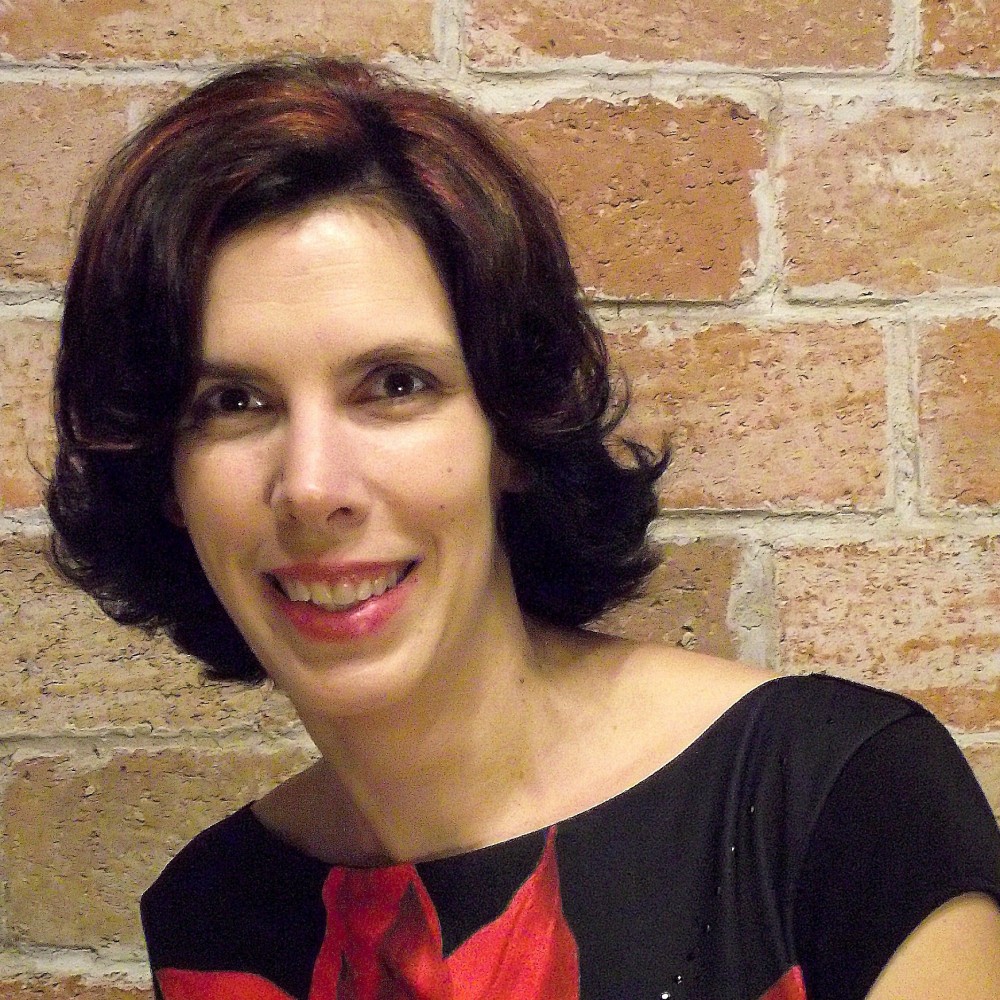Speakers
‹ Back
Dr. Gitta Schlosser
research assistant, ELTE Eötvös Loránd University, Institute of Chemistry
CV
Position: assistant professor at the Department of Analytical Chemistry, ELTE Eötvös Loránd University, member of the MTA-ELTE Research Group of Peptide Chemistry.
Google Scholar ID: nrPEQrgAAAAJ
ORCID ID: 0000-0002-7637-7133
ResearcherID: I-8404-2017
Research interest: biochemical and organic chemical applications of mass spectrometry, structure determination of natural and synthetic (bio)molecules.
Scientific activity: more than 50 papers which received more than 700 citations.
Fellowships and Awards:
Magyary Zoltán (2006-2007) and Bolyai (2011-2017) Postdoctoral Fellowships. Marie Curie Transfer of Knowledge Fellow at Philips Research Laboratories (Aachen, Germany, 2007-2009). Premium Post-doctoral Research Grant of the Hungarian Academy of Sciences (2017-). L’Oreal-UNESCO For Women in Sciences Hungarian National Scholarship (2005). István Cornides Award of the Mass Spectrometry Society of the Hungarian Chemical Society (2015). Promising Researcher Award of ELTE (2017).
Mother of three children.
Abstract
Abstract:Promotion of women in Science, Technology and Innovation is in the focus since years, however, we are still far away from equality. A gender gap can be observed at all levels of education – from undergraduate students to postdoctoral researchers at the beginning of their carrier – and in science management/leadership as well. Developing countries are now also undertaking efforts to improve opportunities, to lower gender inequality, and to decrease other, non-gender related discrimination issues. Examples are the major fellowship programs in South Africa, such as the South African Women in Science Award.
Public funding agencies have fundamental role in the development of gender equality, and they could have a catalytic function. Many of the national funding agencies are now actively promoting the support of female scientists. They could provide a framework and define directions and focuses, not only at national levels, but instead, jointly promote improvements at global level with long-term development outcome. One of the key points could be to give visibility for women working in science, because the lack of a supporting environment is a major cause of losing women scientists during their carrier pathway. Family-friendly policies, possibility to temporarily hold positions, and, in general, consideration of unusual carrier pathways instead of the regular development are challenging commitments of funding agencies.